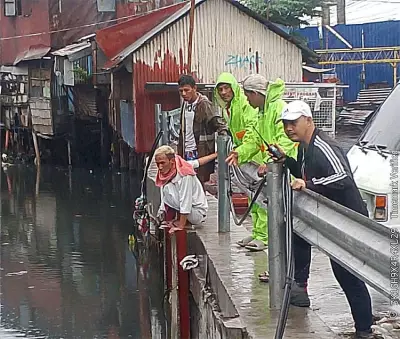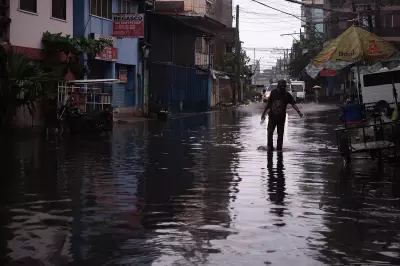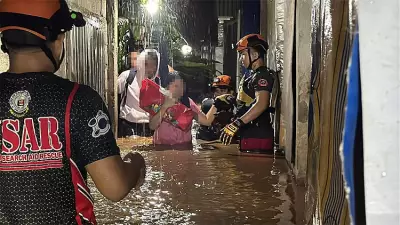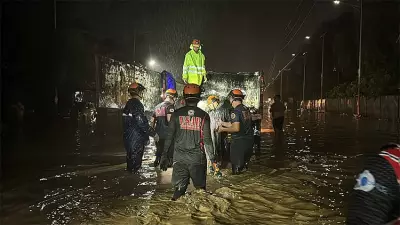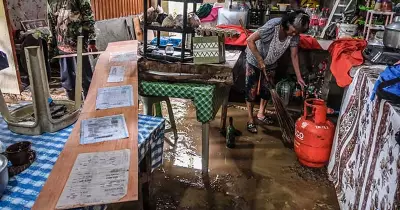
The phrase "Filipinos are resilient" has become a national mantra, repeatedly echoed by officials and citizens alike whenever disasters strike the archipelago. However, this celebrated trait may be concealing deeper systemic failures that leave communities vulnerable to recurring calamities.
The Cost of Constant Resilience
Recent events have put this resilience narrative to the test. Typhoon Tino recently submerged areas across Cebu, Negros, and Panay, while simultaneous earthquakes rattled Visayas and Mindanao regions. In the aftermath, the familiar pattern emerged: families clinging to rooftops awaiting rescue, students returning to flooded classrooms with damp notebooks, and communities patching together their lives yet again.
According to the 2024 World Risk Index, the Philippines maintains its position as the world's most disaster-prone country. This ranking reflects not just geographical vulnerability but significant governance challenges. Disaster-preparedness expert Katrin Radtke from Ruhr University Bochum has directly linked the nation's susceptibility to corruption and weak institutional frameworks.
Systemic Failures Behind the Suffering
Billions of pesos allocated for flood control projects have yielded minimal protection, with audit investigations revealing ghost contracts and recycled budgets. As Senator Bam Aquino once critically observed, "Flood control ang pangako, pero flood out of control ang inabot ng taumbayan" - a statement that resonates painfully with current realities.
The problem extends beyond typhoon response. Each earthquake exposes construction shortcuts, substandard materials, and questionable inspection processes. The Department of Public Works and Highways has documented numerous local and national projects as defective, substandard, under-designed, unfinished, or completely non-existent.
Beyond Compliments to Concrete Action
Sociologist Gideon Lasco noted in 2018 that turning suffering into spectacle can dull public outrage. The more society glorifies endurance, the more it normalizes preventable suffering. True courage requires moving beyond blind endurance to demanding systemic reforms.
Communities must transition from passive recipients of aid to active participants in disaster governance. The United Nations Office for Disaster Risk Reduction confirmed in 2023 that nations with robust civic participation experience faster recovery with lower costs. This means citizens monitoring budgets, questioning project delays, and maintaining engagement beyond emergency periods.
Essential reforms include electing leaders with genuine environmental and anti-corruption platforms, protecting natural defenses like wetlands and mangroves, and ensuring infrastructure projects are managed by qualified professionals rather than political allies.
While the Filipino spirit - demonstrated through laughter amid chaos and generosity during loss - remains inspiring, there's a critical distinction between admiration and enabling neglect. True national pride should stem from creating a country where resilience isn't constantly tested, rather than repeatedly praising people for surviving preventable crises.

